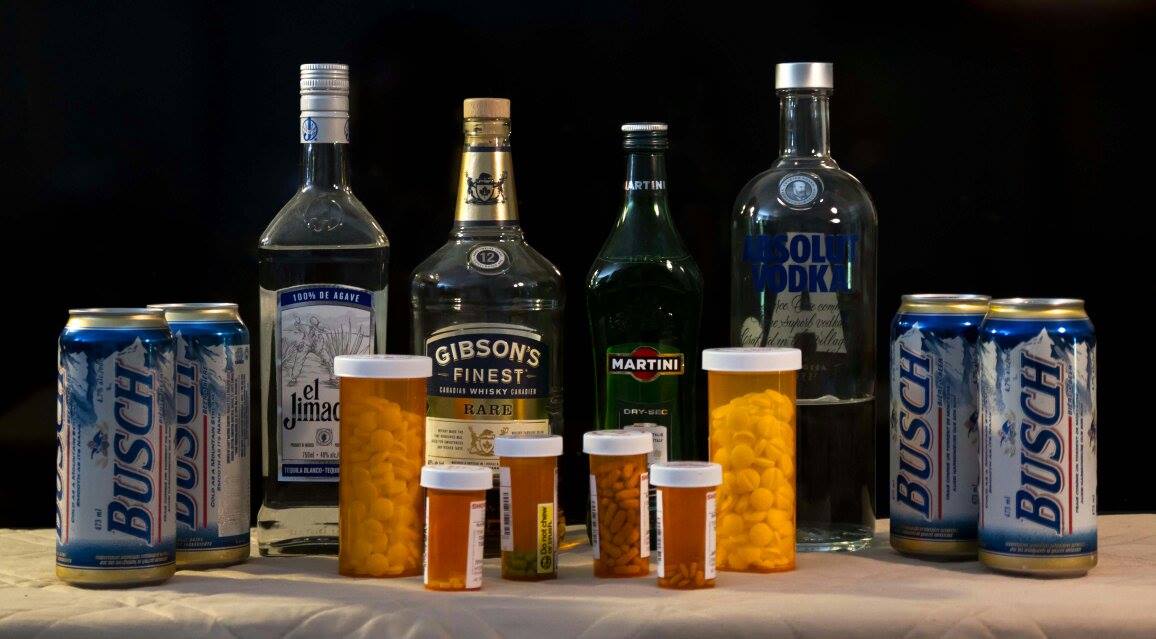Nexium and Alcohol Interaction

Nexium and Alcohol
Nexium generic name esomeprazole belongs to a family of drugs known as proton pump inhibitors which function by decreasing the amount of acid produced in the stomach.
It is used to treat the symptoms of gastroesphageal reflux disease (GERD) as well as other conditions which involve excess stomach acid such as Zollinger-Ellison syndrome and is used to promote healing of erosive damage to your esophagus caused by stomach pain. It may also be used to prevent gastric ulcer caused by infection with helicobacter or by the use of nonsteroidal anti-inflammatory drugs.
It is suggested only moderate alcohol consumption while using this drug as the side effects may be increased.
At this time the medical community defines moderate consumption of alcohol as no more than two drinks per day and no more than 14 drinks per week. If anything more than that it is considered an unhealthy dependency on alcohol that may have adverse social, family and health consequences.
If a person drinks only once or twice a week but drinks on the same days each week and more than two drinks this is considered as an alcohol dependency.
If a person binge drinks at any time during the week this is also considered as alcoholism.
Some consider alcoholism as a disease while others consider it an addiction which is the result of personal choice and character fault. This school of thought blames the alcoholism on life style choices.
Personally I consider alcoholism a genetic tendency as I have seen families of alcoholics even when they live far apart. These unfortunate people are probably dependent on alcohol from the first drink.
When alcohol interacts with prescription over the counter drugs it usually results in negative health effects most especially liver damage as the main organ affected.
Before using Nexium advise your doctor if you are allergic to any other drug or substance, if you are using dietary or herbal supplements, are pregnant, plan to be or are breastfeeding, have severe liver disease or low levels of magnesium in your blood.
Side Effects
Less serious side effects are headache, drowsiness, diarrhea, nauseas, stomach pain, gas, constipation or dry mouth.If these occur call your physician for advice.
Serious side effects are severe allergic reactions such as hives difficult breathing, tight chest, swelling of the mouth, face, lips or tongue, dizzy, confused, uneven heartbeat, jerky muscle movements, being jittery, muscle cramps, muscle weakness, feeling limp, cough or choking feeling or seizures. If these occur get emergency medical help.
This site serves as an information source only and does not dispense medical advice or any other kind of advice. If you are seeking medical advice you are advised to consult your own physician.
Nexium and Alcohol Nexium and alcohol
Return from Nexium and Alcohol Interaction
Hard copy and E book for sale. What's Killing You and What You Can Do About It. Click here.
Hard copy and E book for sale. Introduction to Building Mechanical Systems. Click here.